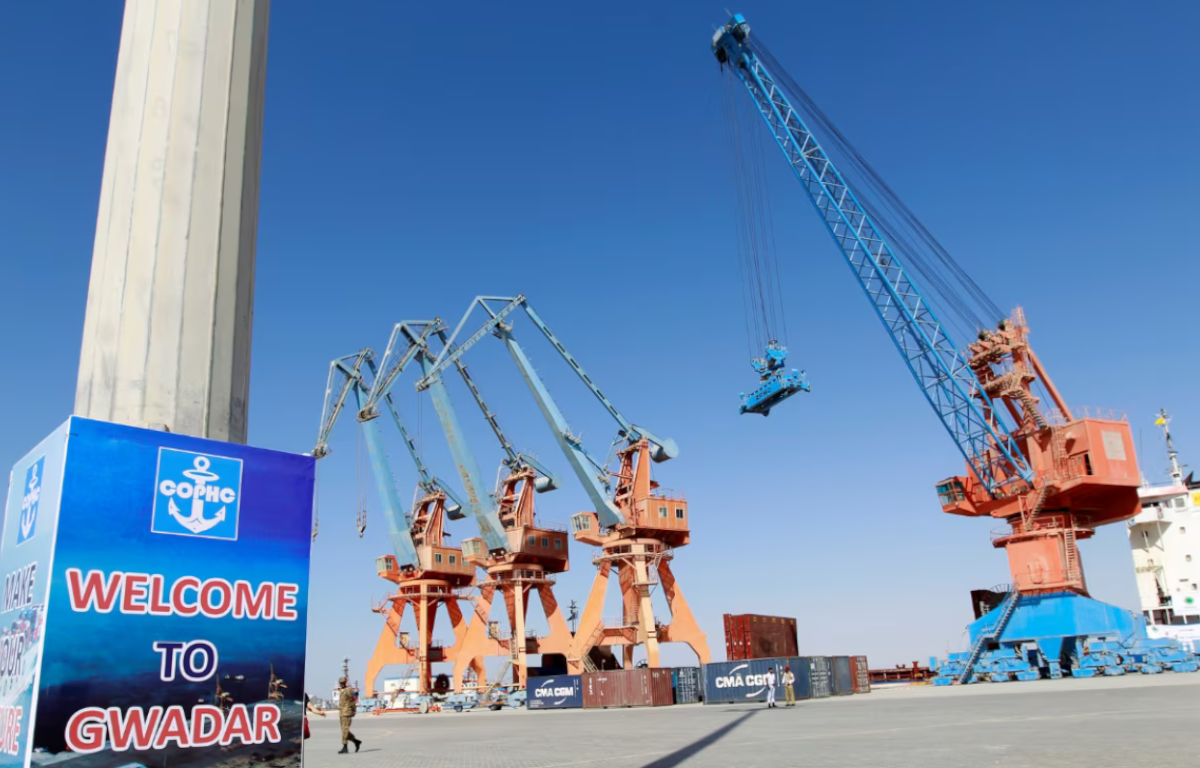
Passenger Name Record (PNR) serves as a pivotal component within the travel and transportation sector. It is a comprehensive digital record containing essential information about a traveler’s journey, encompassing flight reservations, train bookings, hotel stays, and more. PNR data is indispensable for facilitating smooth travel logistics, managing reservations, and enhancing the overall passenger experience. The term “BBM orders PNR reconstruction” alludes to a directive issued by a regulatory body (referred to as BBM) to reevaluate and reconstruct existing PNR data. This process entails scrutinizing historical travel data and reservations to unearth deeper insights, discern patterns, and potentially optimize travel operations.
Firstly, PNR reconstruction could potentially revolutionize travel efficiency. By analyzing past travel data, authorities can identify peak travel times, popular destinations, and preferred modes of transportation. This could lead to more streamlined travel scheduling and resource allocation. Secondly, the reconstructed PNR data can pave the way for highly personalized travel experiences. Travel service providers could use this data to offer tailored suggestions for seats, meals, entertainment options, or even recommend destinations based on the traveler’s history.
Moreover, enhanced security and risk mitigation could emerge as another outcome. Analyzing historical travel patterns may help authorities identify unusual behavior or suspicious trends, thereby bolstering security protocols. The data can also play a pivotal role in infrastructure planning. Insights gleaned from PNR reconstruction can aid in informed decisions about constructing new transportation hubs like airports or train stations. Additionally, improved customer service could be realized, as companies use the reconstructed data to refine their offerings based on past complaints, preferences, and feedback.
Nevertheless, the concept of PNR reconstruction introduces important considerations. Data privacy is paramount, and any reconstruction must adhere to stringent data protection regulations. Appropriate anonymization techniques should be employed to safeguard traveler information. Ethical concerns also come to the forefront. Clear guidelines are essential to ensure that the reconstructed data benefits both travelers and the transportation industry without compromising ethical standards. Finally, accuracy and reliability are crucial. Ensuring that reconstructed PNR data is error-free and dependable is vital to avoid misinformation that could disrupt travel plans or compromise security.
The BBM orders PNR reconstruction holds the potential to harness data for enriching travel experiences and optimizing transportation systems. While its promise is significant, it necessitates meticulous attention to data privacy, ethics, and accuracy. Executed thoughtfully, PNR reconstruction could reshape the travel landscape, making it more efficient, secure, and tailored to individual needs.










Share this: